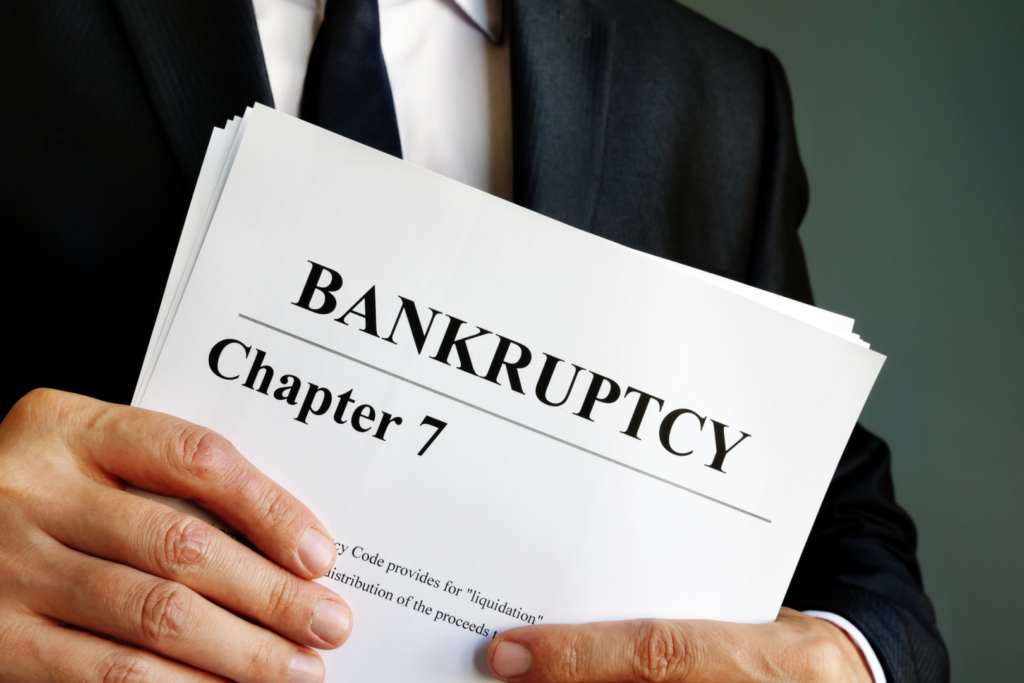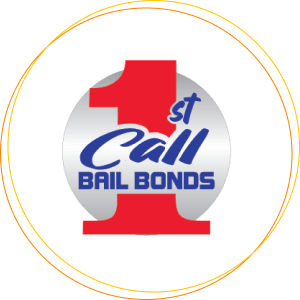Sometimes a friend or family member skipping bail and bankruptcy can be two negative issues in a co-signer’s life that converge and create a seemingly financial and legal nightmare.
However, when bankruptcy and bail bond debt collide, the outcome isn’t always as dire as one would immediately think. Here’s a look into how to approach Chapter 7 bankruptcy and current bail bond debt.
Most Bail Bond Debts Are Wiped Out in Chapter 7
During Chapter 7 bankruptcy, a surety bond debt is classified as an unsecured debt. If you owe a Dallas Bail bondsman money, these debts are typically paid out last from your bankruptcy estate. So, essentially, a bondsman may or may not receive any money based on your estate’s cash availability.
If the money runs out before it’s your bail bond company’s turn to collect a payment, the debt is typically nullified.
However, if the bail bond was taken out within 90 days of filing for bankruptcy, a bondsman could legally say that you knew you were bound to go bankrupt before applying for a bail bond. In this situation, the acquisition of the bail bond is deemed fraudulent and the debt will not be erased from your record.
Collateral Bonds and Bankruptcy can Create Problems
If your bondsman accepted any other form of collateral outside of cash for your bail bond, mainly real estate, bankruptcy will not be able to clear the debt you owe a bail bond company.
Once you default on your bail bond terms with a collateral-based bail bond, the company will typically place a lien on your property until the debt is paid off. Although a bankruptcy estate can help pay off some of this sum, once the dust settles, the lien remains and you’re still responsible for paying it off or eventually losing your property to the company.
Fraud Also Nullifies a Discharge
Outside of applying for a bail bond shortly before bankruptcy, fraudulently obtaining a bail bond can be hard for a bondsman to prove. However, when the documented proof is uncovered, fraud will not allow for the bail bond debt to be discharged.
In order for a bondsman to prove fraud, they will have to hire a lawyer and prove that the co-signer never had the intention of paying back the bail bond in the first place. This could be proven through text message recoveries, voicemail messages, or email correspondence.
If proof isn’t presented to the courts within three months, regardless of how the bail bond was obtained, it will become a cleared debt.
Get Out of Jail Quickly With 1st Call Bail Bonds
If you or a loved one find yourselves in a legal pinch that requires a bail bond for fast release, make sure that 1st Call Bail Bonds is your first call. We are a Dallas bail bond office that is open 24/7 and always ready to take on any bond at any cost for our clients.
On top of our commitment to getting you out of jail quickly, we will also help you take all necessary measures to ensure that you or your loved one don’t accidentally miss a check-in or court date. Contact us today to start the bail bond process and take your first steps towards freedom.




